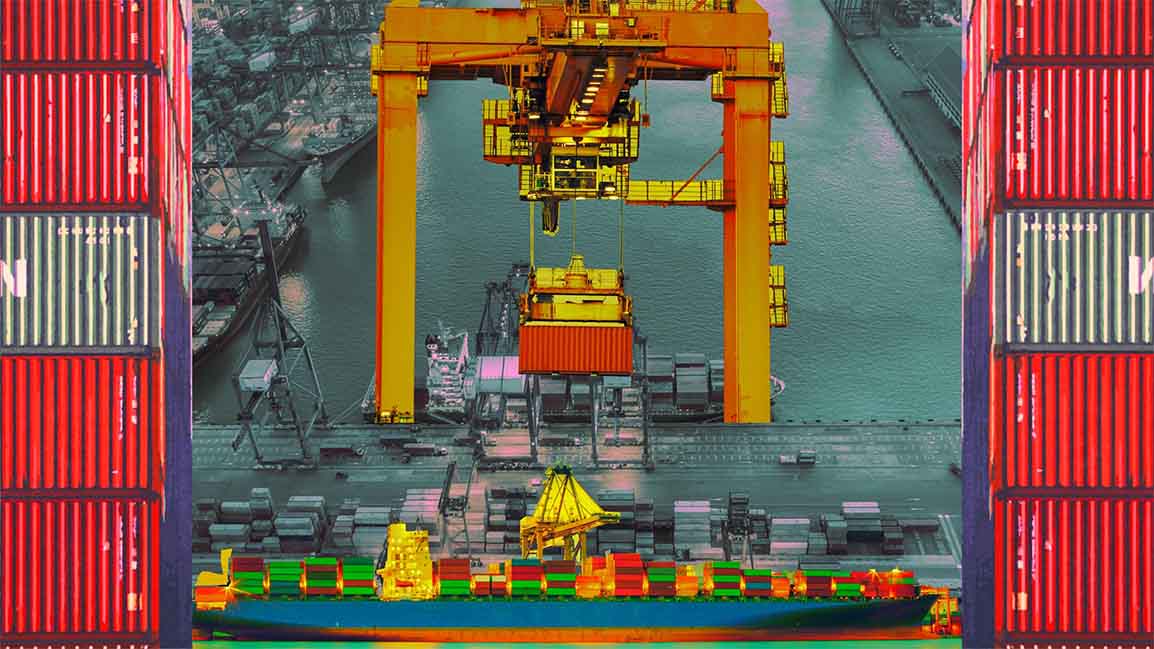- | 10:30 am
UAE to transform its industrial sector into a global manufacturing hub
Stakeholders, including government and private firms, investors, and financial institutions, will be consulted to create the industrial strategy

Last year the UAE launched an initiative to increase the contribution of manufacturing to its GDP from $33 billion to $81 billion within a decade. The government has also signed a pact with Emirates Development Bank and defense firm EDGE to boost manufacturing in the sector. Innovation has also allowed the UAE to become the first country to produce green aluminum.
Following these developments, UAE’s Minister of Industry and Advanced Technology, Dr. Sultan Ahmed Al Jaber, has said the goal is to turn the country’s industrial sector into a global manufacturing hub. This strategy is designed to create a diverse and sustainable economy by enhancing self-sufficiency and localizing supply chains. Al Jaber made the statement at the Make it in the Emirates forum, taking place in the capital Abu Dhabi.
The minister emphasized that “enhancing self-sufficiency and resilience in vital sectors such as food, healthcare, and the sectors critical to ensuring business continuity and economic growth, is critical.”
Stakeholders, including government and private firms, investors, and financial institutions, will be consulted through workshops and studies to create the UAE’s industrial strategy. To increase the share of the manufacturing sector in the GDP, the government identifies food and agriculture, pharmaceuticals, petrochemicals, heavy industries such as aluminum and iron, defense, electrical equipment, and appliances as priority sectors. Emerging industries such as space tech and the generation of green hydrogen are also being prioritized in the UAE.
The Emirates Development Bank has provided more than $544 million to finance these priority sectors. The minister added, “Another very important initiative was the launch of the National In-Country Value (ICV) Program. The program aims to redirect large amounts of the purchase value of major companies and government agencies into the local economy by providing local companies with a competitive advantage in the government procurement process and access to capital and smart financing solutions. This will contribute to developing local industry, strengthen supply chains, substitute imports, and create jobs.”































